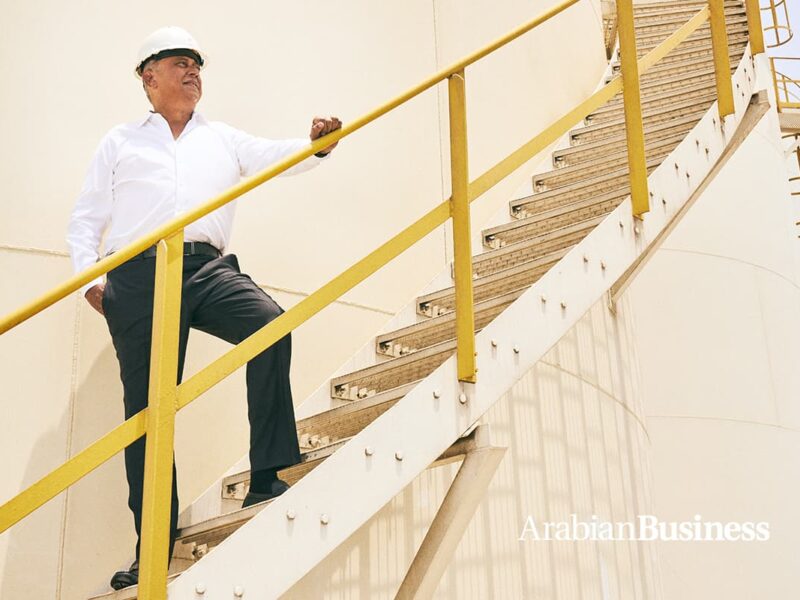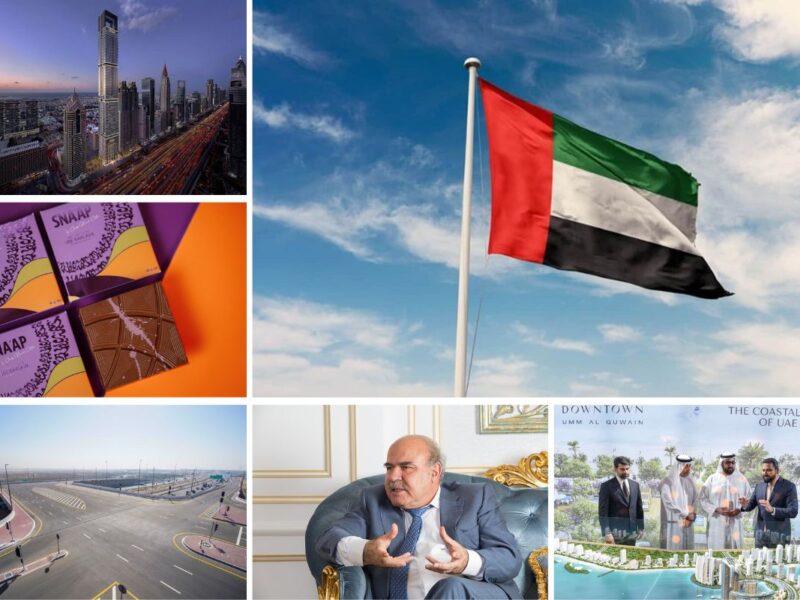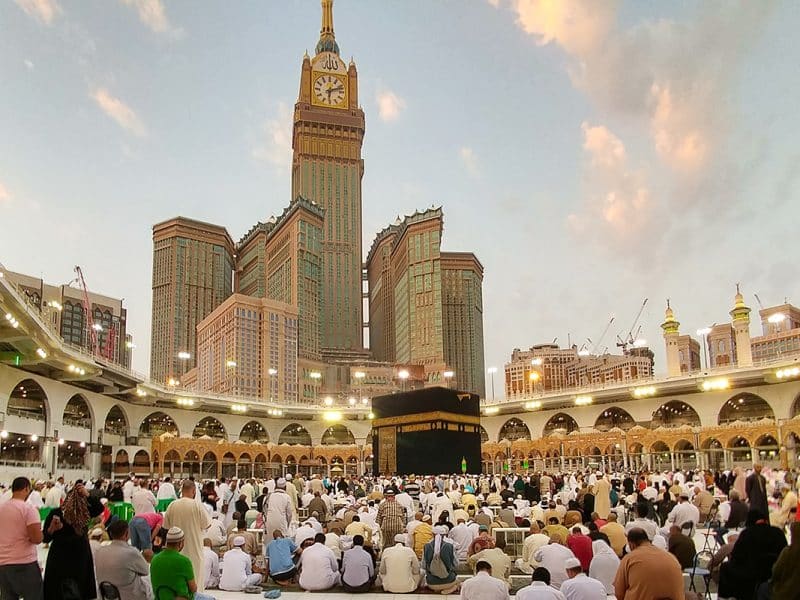Waste-to-energy (WtE) plants are increasingly under focus across the Middle East, as governments recognise that this technology can solve two problems through one solution.
Rapid economic development has improved the quality of life for people across the region, but one unfortunate complement to that growth is a big increase in municipal waste.
In countries like the UAE, landfills are never an ideal option, particularly as the nation is working hard to reduce its environmental footprint.
To put the waste challenge into perspective, the UAE generates approximately 14 million tons of municipal waste or 1.6 kilograms of waste per person per day.
WtE offers a great opportunity to turn a lot of that non-recyclable waste into electricity and help the UAE achieve its 2021 goal of diverting 75% of its solid waste from landfill sites.
The most proven technology for doing this is incineration. This process begins with pre-treatment of the waste. The waste is then burned in a boiler to generate steam. This highly pressurized steam then passes through a steam turbine which drives a generator to produce electricity. Technology providers such as Siemens improve the performance and efficiency of WtE plants with their highly efficient steam turbines.
Siemens steam turbines are designed to handle load variability, and they have quick start times, which provide additional flexibility to WtE plant operators. Siemens turbines also have shorter maintenance times, resulting in greater availability. All of these factors can help manage operating expenses.
By offering a wide range of turbines to fit any plant’s requirements, a compact turbine footprint, and an optimal interface between boiler and steam turbine, Siemens turbines deliver benefits on the CAPEX side of the equation too.
The UAE has already begun to explore to possibilities with WtE plants. In Sharjah, Bee’ah is developing an incineration WtE plant in cooperation with Abu Dhabi-based Masdar. On completion, the plant will divert more than 300,000 tons of solid waste from landfill each year, while producing 240,000 MW-hours of clean energy.
While all these facilities are focused on generating electricity, the thermal heat produced by WtE plants also can be used in other ways. For example, thermal heat can be used in desalination plants or in industrial processes.
Siemens’ expertise, alongside its work with municipalities and private companies around the world, means the company is a ready partner to address the twin issues of clean energy and waste management.
Brand View allows our business partners to share content with Arabian Business readers.The content is supplied by Arabian Business Brand View Partners.









